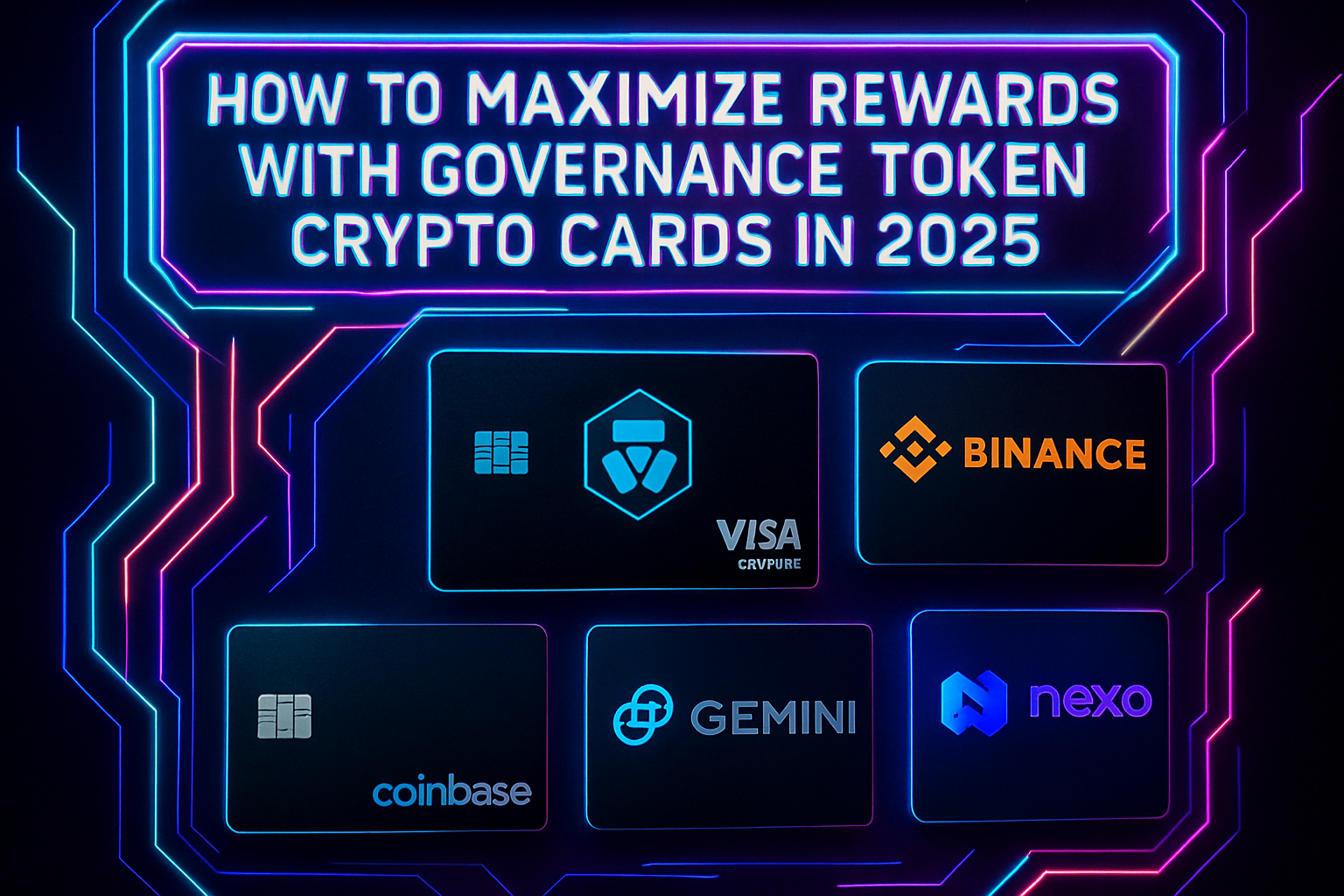
In 2025, the convergence of decentralized finance (DeFi) and everyday payments has made governance token crypto cards indispensable for savvy investors. These cards do more than just offer cashback in digital assets; they open the door to active participation in protocol governance, staking yields, and a suite of DeFi-native benefits. For those aiming to maximize their crypto rewards cards in 2025, understanding the nuances of governance token rewards is essential.

The Strategic Role of Governance Tokens in Crypto Rewards
Governance tokens are not just another reward mechanism; they are a stake in the future direction of DeFi protocols. Cards like the Crypto. com Visa Signature Card, Binance Card, and Plutus Visa Debit Card (which provides PLU governance rewards) allow users to earn tokens that provide voting rights on everything from fee structures to new feature rollouts. This means every transaction is not just a financial decision but a contribution to decentralized governance.
For example, when you use your Plutus Visa Debit Card, you accumulate PLU tokens. These can be staked or used to vote on platform proposals, directly influencing future reward programs or partner integrations. Similarly, with the Curve x Aave DeFi Card, users can earn AAVE tokens that grant them a say in protocol upgrades and treasury management, an aspect that’s increasingly valuable as DeFi matures.
The Top 10 Governance Token Crypto Cards for 2025
Top 10 Governance Token Crypto Cards for 2025
-

Crypto.com Visa Signature Card: Earn up to 5% back in CRO tokens on purchases, with higher tiers offering additional perks like airport lounge access and staking rewards. Cardholders can participate in CRO governance and benefit from fee discounts and exclusive events.
-

Binance Card: Supports spending in multiple cryptocurrencies and offers up to 8% cashback in BNB. Users can stake BNB for governance participation within the Binance ecosystem and enjoy seamless integration with Binance Exchange features.
-

Gemini Credit Card: Earn up to 3% back in Bitcoin, Ethereum, or over 50 supported coins, with rewards deposited instantly. While not a governance token card directly, it allows users to accumulate tokens that can be used for governance in supported protocols.
-
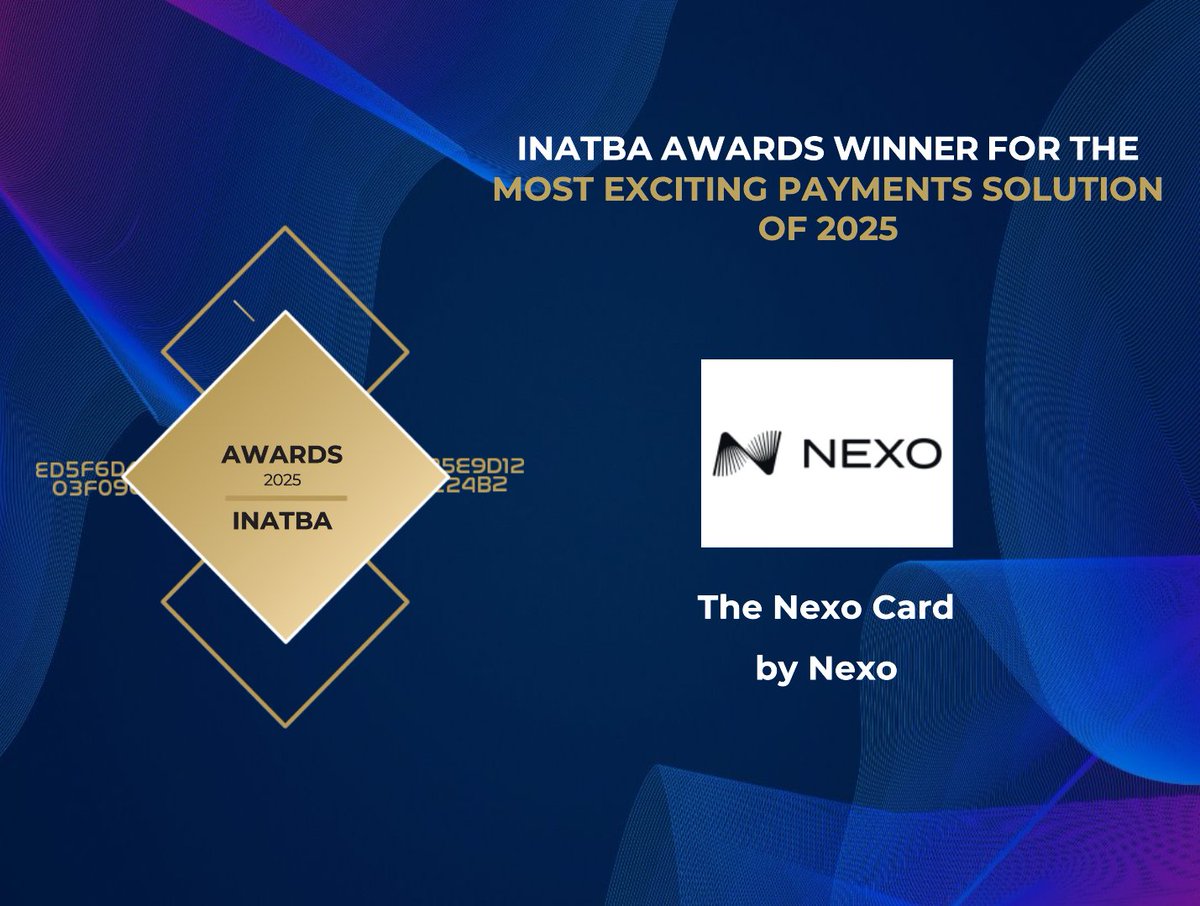
Nexo Card: Offers up to 2% back in NEXO tokens or Bitcoin, with added benefits for staking NEXO. Cardholders gain access to NEXO governance and can participate in platform decisions and enhanced yield opportunities.
-
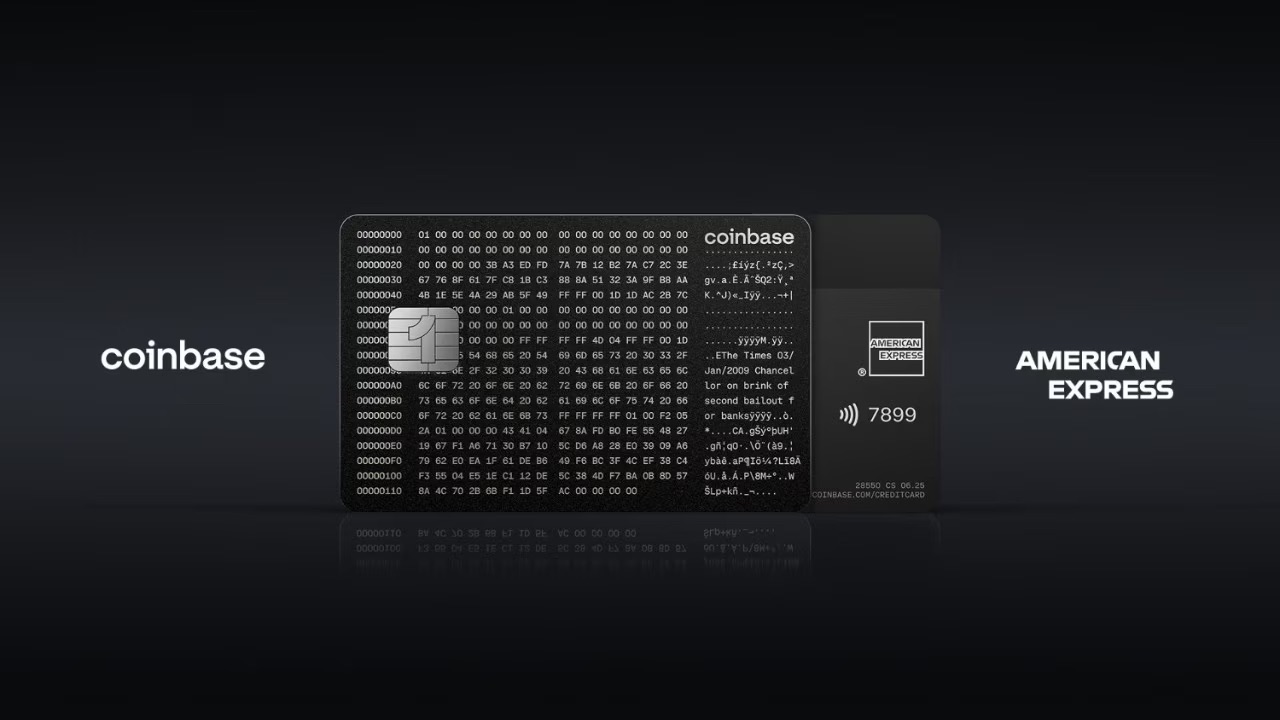
Coinbase Card: Enables spending of crypto assets with up to 4% back in XLM or other supported tokens. While Coinbase Card does not directly issue governance tokens, it supports earning and spending tokens that can be used in DeFi governance.
-

Curve x Aave DeFi Card: Integrates directly with AAVE and Curve DAO, allowing users to earn rewards in AAVE and CRV governance tokens. The card supports staking and voting in DeFi protocols, maximizing both rewards and governance influence.
-
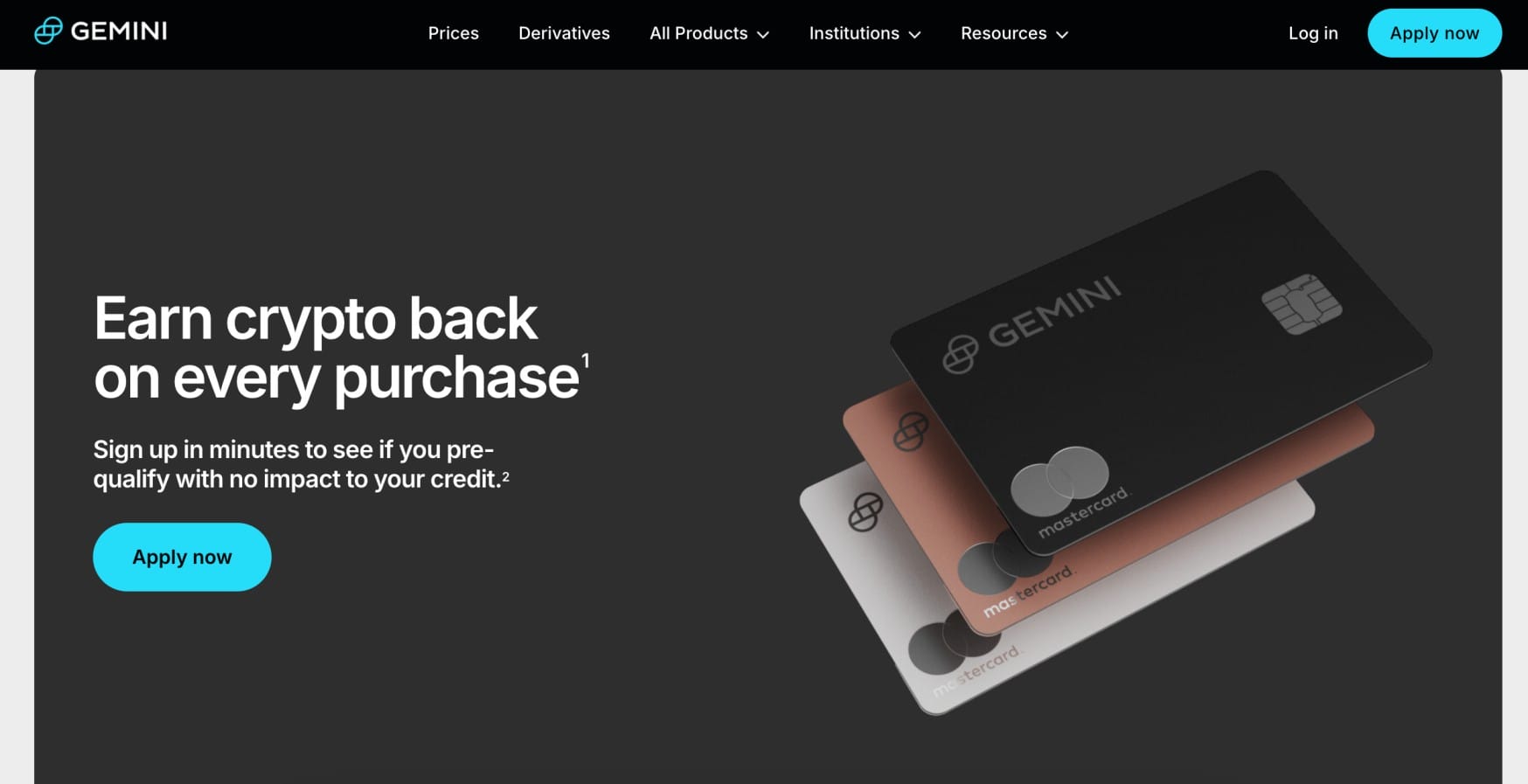
Venmo Credit Card (with crypto rewards): Lets users convert cashback into Bitcoin, Ethereum, Litecoin, or Bitcoin Cash. While not a direct governance token card, it enables accumulation of assets usable in governance ecosystems.
-
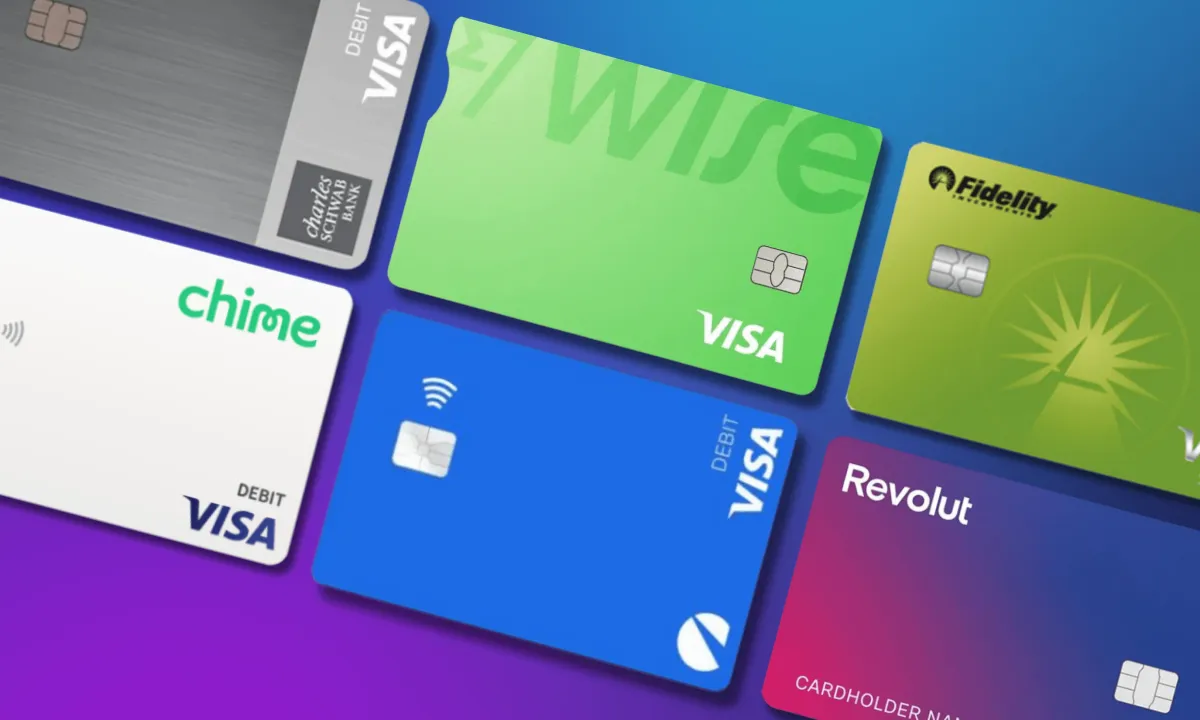
Monolith Visa Debit Card: Linked to Ethereum wallets, this card allows spending of ETH and ERC-20 tokens. Users can hold and use governance tokens like MKR, UNI, or COMP directly from their wallet, supporting active participation in DeFi governance.
-

Plutus Visa Debit Card (PLU governance rewards): Earn up to 8% back in PLU tokens on purchases. PLU holders participate in Plutus governance, vote on platform features, and access exclusive staking rewards and perks.
-

Club Swan Crypto Card: Multi-currency card offering crypto spending and rewards, including governance token support for select assets. Members benefit from concierge services, global transfers, and potential participation in governance initiatives within supported ecosystems.
This curated list represents the best DeFi cards for maximizing both spend-based rewards and decentralized influence:
- Crypto. com Visa Signature Card: Earn CRO with up to 5% back; higher tiers unlock staking bonuses and exclusive perks.
- Binance Card: Flexible BNB or selected token rewards with integrated exchange access.
- Gemini Credit Card: Up to 3% back instantly in over 50 supported coins.
- Nexo Card: Earn up to 2% back in NEXO or BTC; supports staking for higher yields.
- Coinbase Card: Spend from your Coinbase account with rotating crypto reward options including governance tokens.
- Curve x Aave DeFi Card: Direct integration with Aave’s lending protocol; earn AAVE and participate in protocol votes.
- Venmo Credit Card (with crypto rewards): Convert cashback into leading cryptocurrencies including select governance tokens.
- Monolith Visa Debit Card: Non-custodial ETH spending with TKN rewards tied to platform governance.
- Plutus Visa Debit Card: Unique PLU token ecosystem with direct governance participation and staking APY boosts.
- Club Swan Crypto Card: Multi-asset support plus premium services for high-net-worth individuals seeking both flexibility and influence within select ecosystems.
Earning Beyond Cashback: Staking and Yield Strategies
The real power of these cards lies beyond simple spending rewards. Many platforms now enable direct staking of earned governance tokens, amplifying both your yield potential and your influence within protocols. For instance, after earning CRO via the Crypto. com Visa Signature Card, users can stake these tokens within the app for enhanced APY rates or even access additional card benefits such as fee rebates or VIP event invitations. The Nexo Card, meanwhile, offers increased cashback rates when users maintain larger NEXO balances staked on-platform, a clear incentive structure that aligns long-term holding with greater daily utility.
This dual approach, spending for instant rewards while staking for compounding returns, is what sets apart today’s best crypto card strategies from traditional credit card points programs. For more foundational guidance on leveraging these mechanisms effectively, see our detailed walkthrough at Beginner’s Guide to Earning Governance Tokens with Crypto Rewards Cards.
Navigating Compliance and Regulatory Shifts in 2025
The regulatory landscape around crypto card usage, especially those distributing governance tokens, continues to evolve rapidly. Notably, some jurisdictions have begun classifying certain tokenized rewards as securities if they confer explicit voting rights or profit-sharing mechanisms. As such, reputable issuers like Certain tiers of Club Swan Crypto Card, Nexo, and Certain Binance offerings, have implemented enhanced KYC procedures and regional restrictions where needed to ensure ongoing compliance without compromising user experience or access to core DeFi features.
For cardholders, this means staying vigilant about both platform updates and local regulations. Many leading cards now provide real-time compliance notifications within their mobile apps, alerting users to any changes in governance participation or staking eligibility. As always, review the terms of service regularly and consider diversifying across several cards, such as combining the Coinbase Card for its broad token support with the Monolith Visa Debit Card for non-custodial control, to mitigate potential disruptions from regulatory shifts.
Optimizing Your Governance Token Rewards Strategy
To fully capitalize on governance token rewards in 2025, your approach should be multi-faceted. Start by mapping your spending habits to the card that best aligns with your most-used tokens or preferred DeFi ecosystems. For example, frequent stablecoin users may gravitate toward the Plutus Visa Debit Card for its PLU staking boosts and direct governance voting, while active traders might prefer the Binance Card for seamless integration with exchange balances and BNB incentives.
Diversification is key. By holding multiple cards, say, using the Gemini Credit Card for instant multi-asset rewards alongside the Curve x Aave DeFi Card for protocol-specific governance, you can maximize both yield and influence across several platforms. This not only spreads risk but also opens up a broader spectrum of community proposals to vote on or shape through your holdings.
Navigating reward rates and fee structures is equally important. Some cards like the Nexo Card offer tiered cashback based on staked balances, while others such as Crypto. com Visa Signature Card unlock higher rates at premium tiers. Review each issuer’s latest terms, especially as competition drives periodic changes in APY boosts or partner benefits, and adjust your strategy accordingly.
Snapshot: Top Features of 2025’s Leading Governance Token Crypto Cards
Comparison of Top 10 Governance Token Crypto Cards for 2025
| Card Name | Rewards Rate | Staking/APY Options | Governance Participation Features |
|---|---|---|---|
| Crypto.com Visa Signature Card | Up to 5% back in CRO | CRO staking for higher rewards & benefits | Vote on Crypto.com ecosystem proposals |
| Binance Card | Up to 8% back in BNB | BNB staking via Binance Earn | Participate in Binance governance initiatives |
| Gemini Credit Card | Up to 3% back in BTC, ETH, or 50+ coins | Earn yield via Gemini Earn (not direct staking) | No direct governance participation |
| Nexo Card | Up to 2% back in NEXO or BTC | NEXO staking for higher yields & bonuses | NEXO holders can vote on platform changes |
| Coinbase Card | Up to 4% back in crypto | Staking available for select coins (e.g., ETH, ADA) | Limited governance via supported tokens |
| Curve x Aave DeFi Card | Up to 5% in CRV/AAVE rewards | veCRV & AAVE staking for boosted APY | Active governance voting for CRV & AAVE holders |
| Venmo Credit Card (with crypto rewards) | Up to 3% back in BTC, ETH, LTC, BCH | No staking options | No governance participation |
| Monolith Visa Debit Card | Up to 2% in TKN rewards | TKN staking for fee discounts | TKN holders can vote on Monolith proposals |
| Plutus Visa Debit Card (PLU governance rewards) | Up to 8% back in PLU | PLU staking for higher rewards | PLU holders participate in Plutus governance |
| Club Swan Crypto Card | Up to 2% back in crypto | No direct staking, but offers premium services | No direct governance participation |
The evolution of crypto rewards cards has made it possible not just to earn digital assets passively but to actively shape protocol direction through voting rights and proposal participation. Whether you’re leveraging the Club Swan Crypto Card’s premium perks or using Monolith’s ETH-based platform for maximum self-custody, aligning your spending with governance-focused incentives is a prudent strategy as DeFi matures into mainstream finance.
If you’re seeking further details on how to build a comprehensive strategy around these cards, including step-by-step guides on staking and voting, explore our resource at How to Maximize Crypto Card Rewards with Governance Tokens: Strategies for 2024. The landscape will continue to evolve rapidly; staying informed and adaptable remains your best edge in optimizing both financial return and decentralized influence in 2025.






